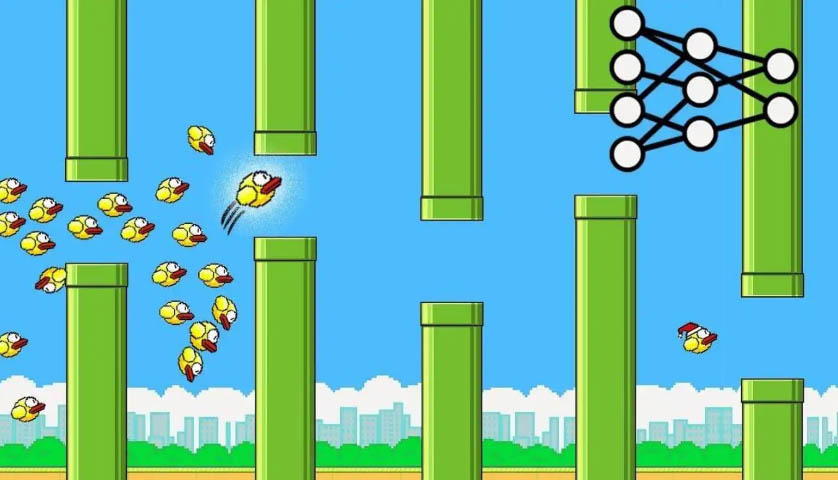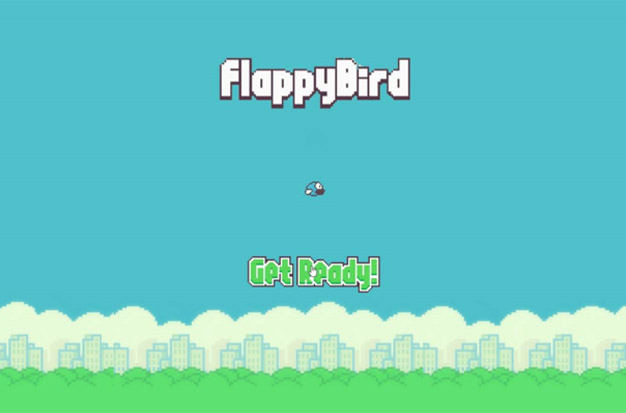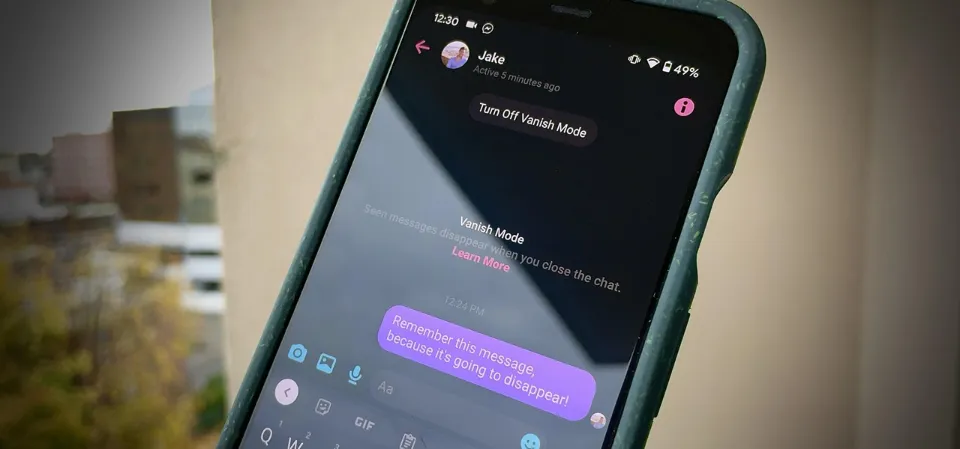Flappy Bird’s creator, Dong Nguyen, was 28 years old when the game was first made available in 2013. He wanted to make something simple but challenging with the game. He lived with his parents in Hanoi, Vietnam, where he spent the daytime working as a programmer. When Nguyen was 28 years old, he spent his long weekend developing a game that would go on to become one of the most popular apps ever and make him extremely wealthy.
What Is Flappy Bird?
A pixelated bird must fly and avoid obstacles in the mobile game Flappy Bird by tapping the screen.
The bird automatically moves to the right and can be made to stay above ground by tapping the screen. The game is over if it lands on the ground or one of the pipe obstacles.
A medal will be given to you for every ten pipes that you successfully pass. These include:
- Bronze for 10 pipes
- Silver for 20 pipes
- Gold for 30 pipes
- Platinum for 40 pipes
Although the gameplay is simple to learn, it is very challenging to master. The first 10 or so pipes are typically where inexperienced users would already be losing.
You could also share your high scores with friends in later game versions, possibly even simultaneously.
Who Is Nguyen
Nguyen, who has other well-known games available in the iOS store, denied receiving any threats from Nintendo and said that wasn’t the reason he removed the app. He also said that he wouldn’t hesitate to remove any of his games from stores if they became just as addictive as Flappy Bird.
The developer might have felt the strain of Nguyen’s rising fame. According to Forbes, the developer met with Vietnam’s deputy prime minister Vu Duc Dam on the same day that he agreed to speak with the magazine under the condition that no photographs of him be published.
The developer of the app declined to say how much money he made with Flappy Bird, but estimates suggest he may have made up to $50,000 per day in revenue from ads; the game was free to download, and he promised to keep making games.
The Flappy Bird game is still playable on the devices it is installed on, and users can also access web-based and Pebble app versions of it. Hardcore fans can even purchase devices from eBay that come pre-installed with Flappy Bird, though they might cost more than you’d expect.

When Was Flappy Bird Created?
The game’s official release date was May 24, 2013, and less than a year later, on February 10, 2014, it was taken down. Dong was successful during that time, and who knows what he could have accomplished with the game’s franchise had he opted to stick with it and market it aggressively. Heck, there are actually two separate “Angry Birds” movies.
Is Flappy Bird Prohibited?
Flappy Bird was not banned, to give a quick answer. The application is still missing from Google Play, though. This is because Flappy Bird was taken down because of how addictive it had grown to be, according to Dong Nguyen, the game’s creator. In reality, just over a year after its release, the game was taken off the Google Play Store. Dong Nguyen, the well-known creator of the game, explained why he removed an app that was making him $50,000 per month after only a year of it being available in an exclusive interview with Rolling Stone magazine.
Dong Nguyen Removed Flappy Bird For What Reason?
Dong Nguyen had good reasons for quitting the game, despite the fact that many may find it hard to understand why someone would end such a popular game. Nguyen stated in his interview that it took eight months for his game to gain popularity on the play store, which is constantly brimming with hundreds of new apps arriving every day. The game was initially released in May, but it really took off in December. At the time, a lot of users tweeted about how entertaining the game was. Nguyen stated that a lot of users complained in comments on the play store that the game was slowly taking over their lives.
They’ve genuinely surpassed Disney’s levels of aggressiveness when suing people for failing to license their works. One instance is the Arizona couple who were ordered to pay Nintendo $12 million for running two different websites that permitted users to play Nintendo games online via in-browser emulation.
In addition to the money from the ads, Nintendo emphasized that the duo frequently asked for donations from players who valued their websites, which were crammed with games from the well-known Japanese game developer. The problem is that they were allowing people to play these games illegally without requesting a license from Nintendo and without receiving permission to do so from Nintendo.





